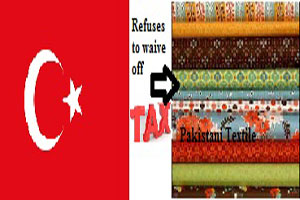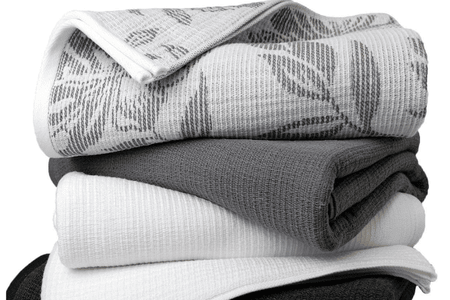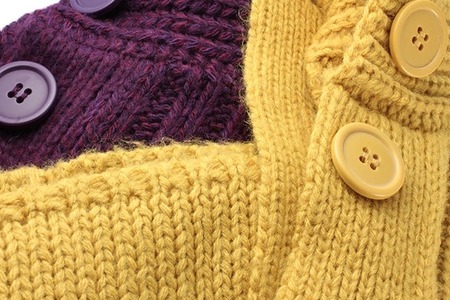
Turkey refuse to waive off duties on Pakistani textiles
YarnsandFibers News Bureau 2015-03-14 15:00:00 – IslamabadPakistan has been trying to convince Turkey to waive off or reduce 42.2 percent duty it has imposed on Pakistani textile imports since 2011, but Turkey has always been coming up with a negative response. To this, the government has finally taken decision to end its efforts to convince Turkish government.
According to officials, this decision was made after Turkey refused to accommodate Pakistan after several attempts from Pakistan. The highest level request, in this regard, was made to Turkish Prime Minister, Ahmet Davutoglu, during his recent visit to Pakistan, but the visiting PM refused.
Turk delegation headed by Prime Minister visited Pakistan last month, during which, the two countries signed eleven additional agreements and MoUs.
During a joint press conference, Turkish premiere said that both the countries have agreed to give a central thrust to bilateral trade and investment cooperation.
Both countries’ officials discussed ways and means to enhance cooperation between the two countries in diverse fields including economy, trade, energy, communications, education, culture and tourism. But despite a successful visit to Pakistan, Turk premiere rejected Pakistan’s request to waive off the duties on Pakistani exports, stating that Turkey has banned many items from many countries and giving any favour to one specific country may displease other countries.
After getting a plain reply from Prime Minister, Pakistan tried to include the matter into free trade agreement initiated between both the countries recently, on the pressure of local industry especially textile.
Both countries have agreed to sign the FTA, which is expected to be signed in two years time, which will enhance bilateral trade to $10 billion from existing volume of $650 million. The textile industry officials said that Pakistan’s textile exports were reduced by almost 50 percent to around $500 million from $1 billion after safeguard duties were imposed to protect Turkish industry.
Various apparel sector trade bodies have been urging the textiles ministry to urge the Turkish government to waive off the duty.
According to local carpet industry representatives, Turkey, the second largest importer of Pakistani handmade carpets, has imposed 42.2pc customs duty on 130 Pakistani products including hand-knotted carpet, leading to a further decline in carpet exports.
The representatives state that almost 100 percent of locally produced carpets are exported, providing direct labour to the most under-privileged and uneducated 5pc strata of their society, and around 70pc of work force of this sector comprises young women who make carpets at home.
According to Pakistani textile and apparel exporters, the Turkish textile sector did not face any threat from Pakistani imports.
After refusal from Turkish PM, it was the pressure from local industry that government try to convince Turkey to waive off or reduce taxes on Pakistani imports under the FTA, but Turkey rejected it.
Now government has realized that Turkey has no intentions to facilitate Pakistan so the industry should find new buyers and in this regard, government is also considering playing its role.
Government is looking into the agreement, that after the ban of Pakistani imports what other business opportunities exist between the two countries, an official said. In order to sign FTA with any country, there must be equal amount of benefit for the both the countries. We are considering all options, the official said.
Market Intelligence
Ask for free sample Report

experience
Customer Base
dedicated team
Countries Served Worldwide









